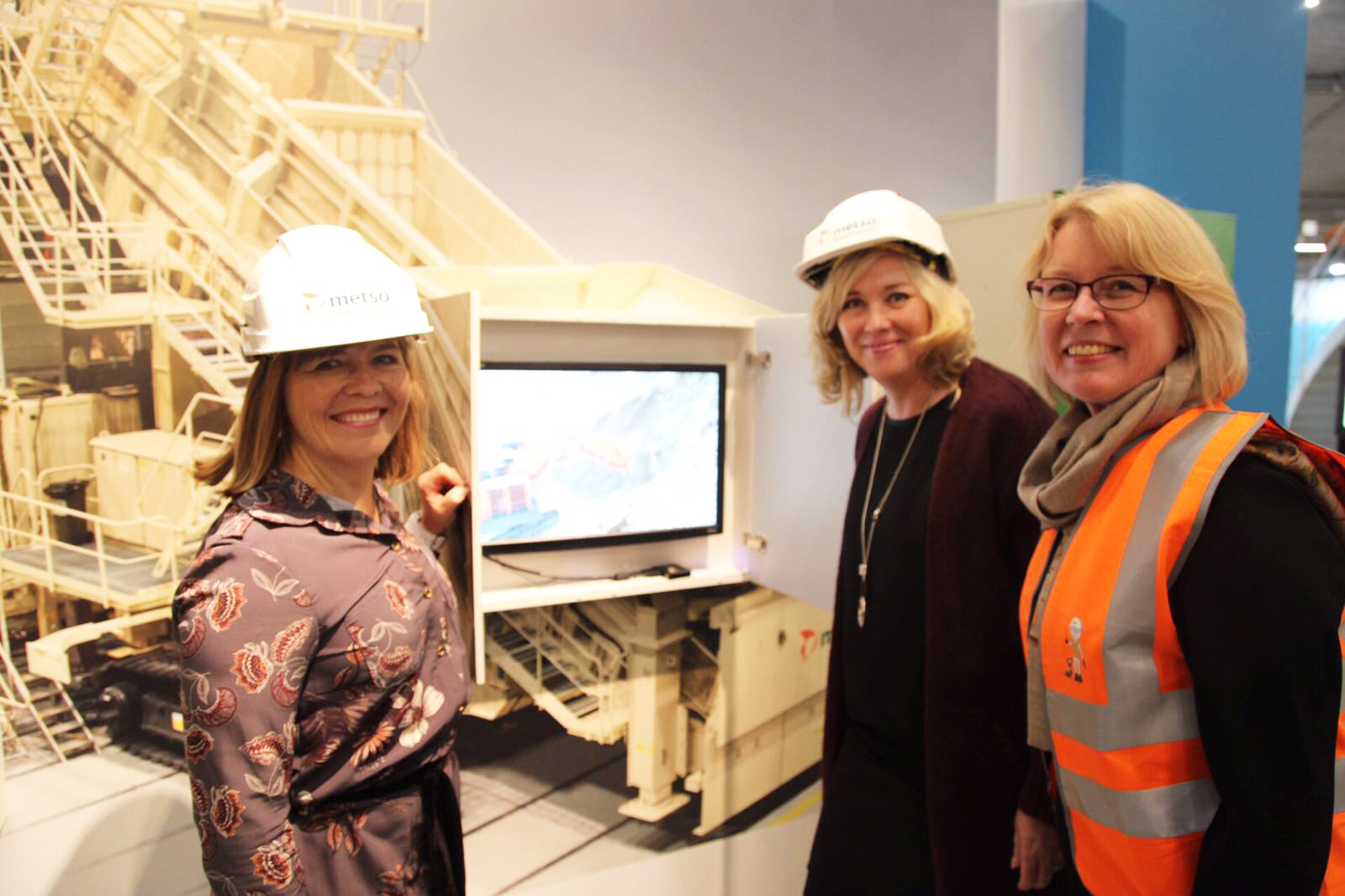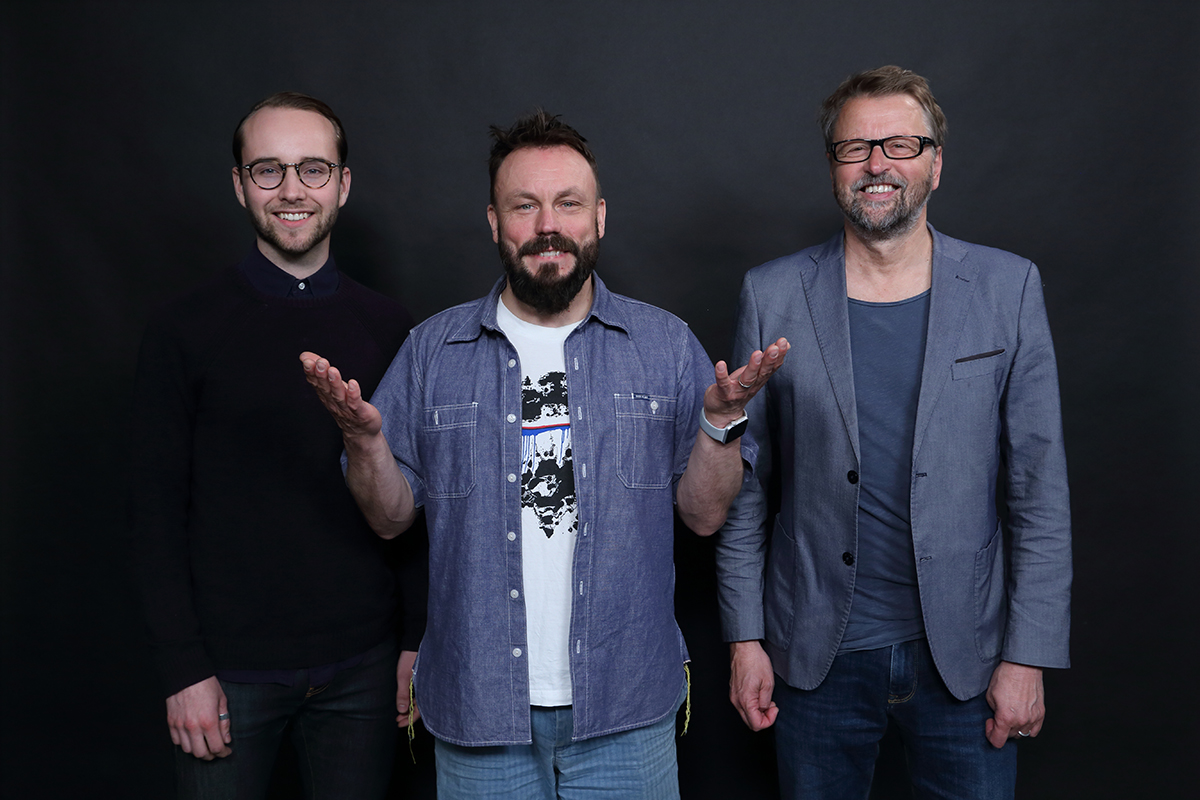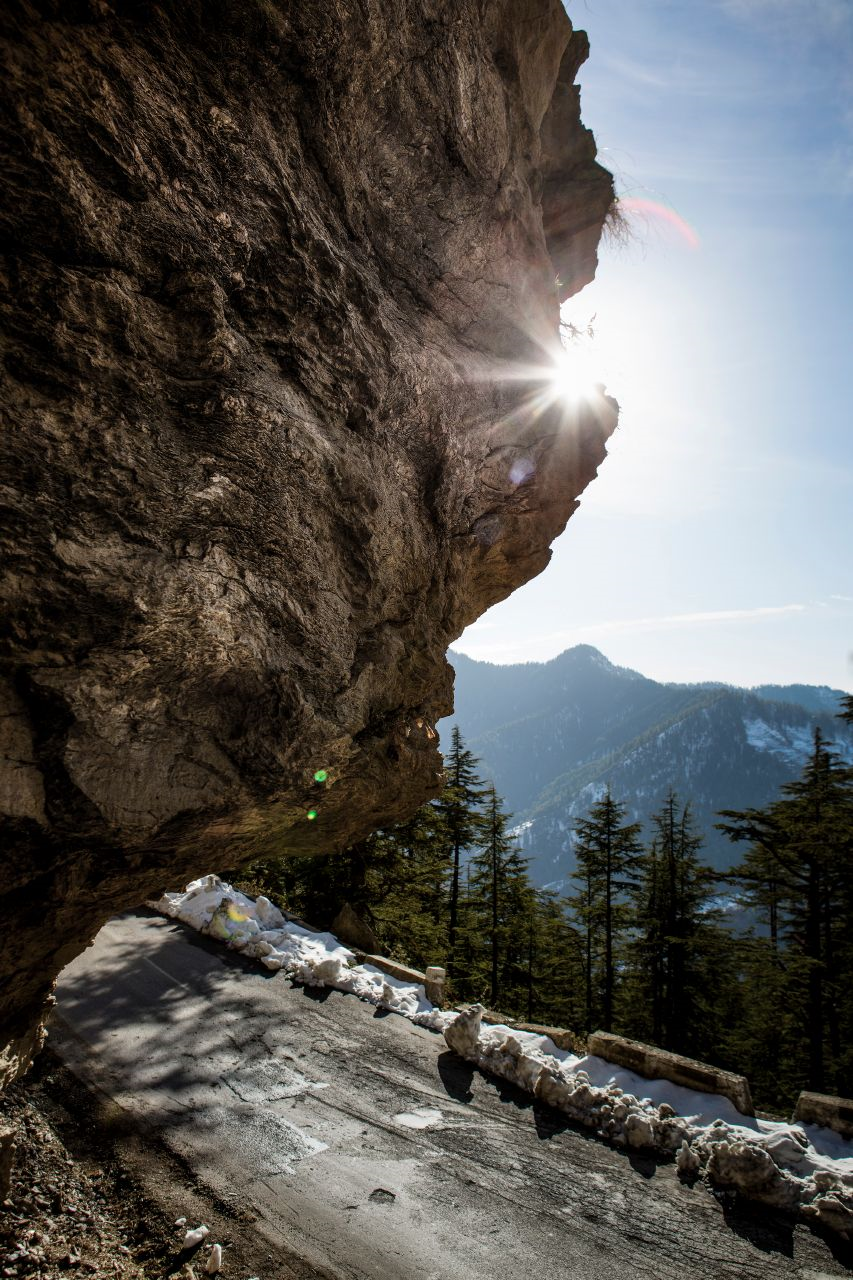“The current climate warming is different from the previous warm spells, as all variables suggest that we should be headed towards a cooler period right now. The next ice age will arrive in some 20,000 years, and we should be headed towards a cooler period now. The ongoing climate change is the result of human activity,” explains Atte Korhola, professor of environmental change at the University of Helsinki, in the Studio Planet podcast series produced by Metso.
Are we all talking about the same thing when we’re talking about climate change?
“The challenge is understanding the scope of climate change. As of yet, we do not fully understand the scope of the change required in energy production and circular economy. On the other hand, the discussion is somewhat conflicting, as sometimes it’s an individual’s problem, sometimes it's a business problem, and at other times, it's a decision-making problem,” Korhola says.
Is there something we are not discussing even though we should?
“The responsibility related to climate change is being studied a great deal in different dimensions, even though it should be considered a comprehensive issue for which we are all responsible. Everybody should participate in the work in their own sphere of influence,” says Otto Sillanaukee, the author of a blog called Nollahukka, which focuses on the zero-waste lifestyle.
How can we save the planet?
“The planet doesn’t care which species is the dominant one, humans or something else. Personally, I like to focus on how to approach this issue from the perspective of the survival of humankind. Firstly, we must change our way of thinking so that we can start seeking for long-term sustainable solutions,” Sillanaukee continues.
There is much talk about climate anxiety. Have you experienced it and how can you alleviate it?
“When I was writing my book Zero-waste – Jäähyväiset jätteille, I was deep in the throes of climate anxiety. The anxiety was sometimes paralyzing. Very quickly I noticed, however, that I don't want to be part of the problem; instead, I want to be part of the solution. I noticed that taking action alleviated the anxiety,” Sillanaukee says.
“There are plenty of opportunities and means: humans are extremely creative and robust beings. The changes need not be radical – small changes will have a large impact. There is plenty of hope,” Korhola says.
What about practical actions to alleviate climate anxiety; what will it take and is it even possible?
“A great deal depends on your personal situation in life, but we can all do something. For example, if you tip over your wastebasket on your bathroom floor and just stand there looking at your waste, you will be face to face with your everyday life and consumer behavior – and you can quickly see if there is something that needs action. Small everyday deeds,” Sillanaukee sums up.
What is the role and responsibility of businesses in this all?
“Natural resources will run out at some point. Businesses can make their own strategies where they decide to become carbon neutral by a specific point in time. We already have some excellent institutions and corporations based on this line of thinking. It can be considered an asset: after all, being part of the change, part of the solution, instead of creating more problems is gratifying,” Korhola explains.
In your opinion, what is positive about the present?
“Nevertheless, we are living the best time in the history of humankind: everything is much better than it has been ever before. Even though we are faced with huge challenges, we have taken enormous leaps in the fields of equality, justice, comfort, and safety. This builds faith for the future and makes you believe that despite small size, we can be loud and active in global society,” Sillanaukee says.
What kind of a planet would you like to leave for the future generations and how can we achieve this?
“I’d like to leave an optimistic humankind that is based on creativity and a planet that is as diverse and multicultural as possible,” Korhola says.
“And we can achieve this by learning to waste as little of everything as possible,” Sillanaukee continues.
Studio Planet is a five-part podcast series on sustainable society where Finnish experts and influencers discuss topical issues. The series aims to contribute to the discussion with consumers on how industry can be involved in sustainable development.
Read the full series:
Climate anxiety can be alleviated by becoming part of the solution
Is mining in space realistic and are asteroids a threat or a crock of gold for the world?
Climate change and consumption habits - what should we give up?


